A Timeless Debate: Beyoncé’s Rise as a Cultural Icon Sparks Comparisons to the King of Pop.
Beyoncé, an undisputed titan of the music industry, has continually redefined artistry, culture, and advocacy throughout her career.
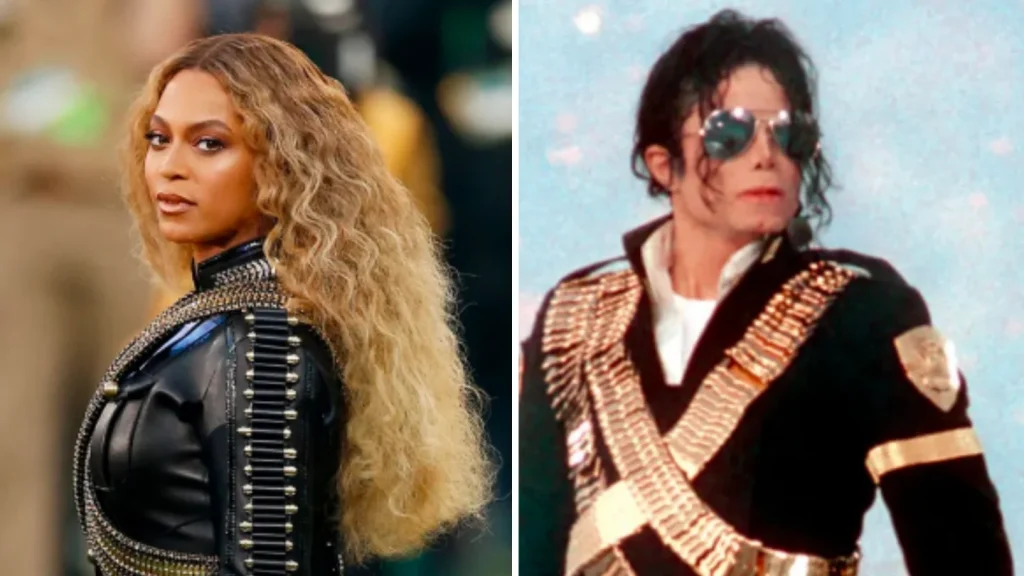
From her meteoric rise with Destiny’s Child to her reign as a solo icon, Beyoncé’s journey has been marked by groundbreaking music, boundary-pushing visuals, and fearless representation of Black identity.
Her solo debut, “Dangerously in Love,” set the stage for a career that would span decades and revolutionize modern pop.

Beyoncé’s influence on country music is unmistakableAlbums like “B’Day,” “I Am… Sasha Fierce,” and the groundbreaking “Lemonade” showcased her ability to blend genres with deeply personal narratives that resonated globally.
Beyond music, Beyoncé has become a voice for social justice, using her platform to shine a spotlight on systemic inequalities.
Her “Lemonade” visual album delved into themes of Black womanhood, resilience, and societal issues, earning widespread critical acclaim and sparking significant cultural conversations.
Performances like the “Formation” Super Bowl show and her Coachella “Homecoming” production transcended mere entertainment, celebrating Black pride and heritage in a way that captivated audiences worldwide.
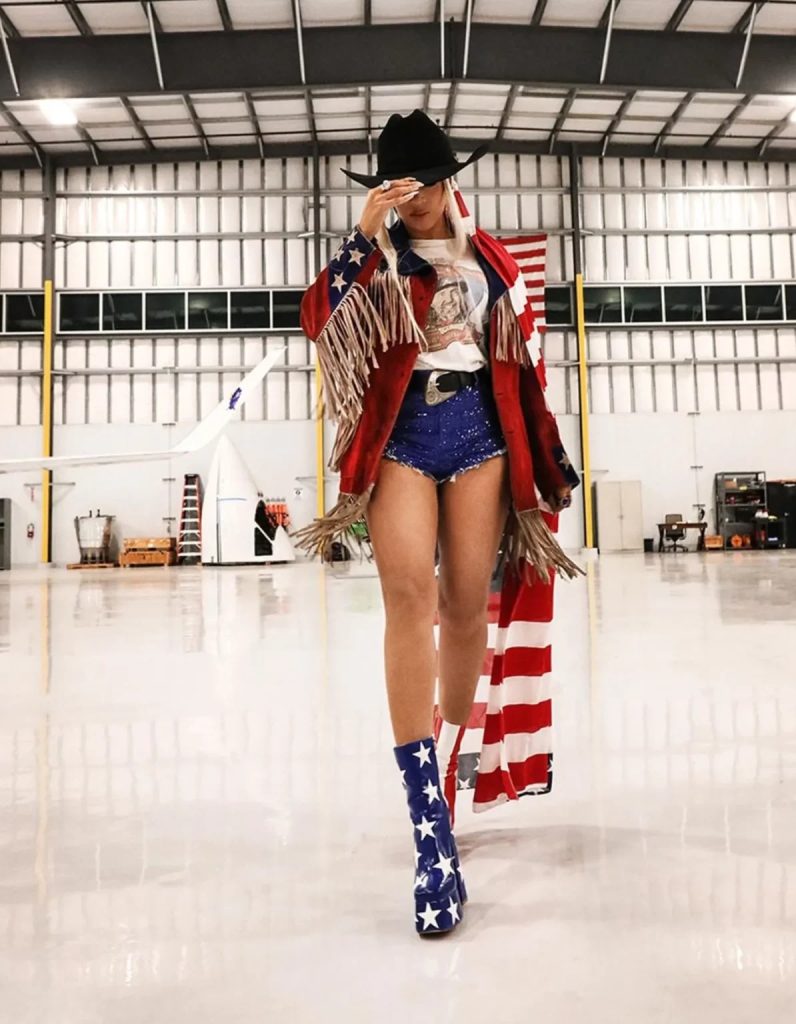
Her impact on culture has been unparalleled, making her one of the most influential artists of the modern era.
Dionne Warwick, a legendary singer in her own right, has weighed in on the debate surrounding Beyoncé’s legacy.
“I love her to death and can appreciate her talent, but that iconic status? It’s a long road,” she said in an interview with “Essence,” reflecting the gravity of comparing her to the likes of Michael Jackson.
Michael Jackson’s legacy, however, remains a benchmark in the music industry, with achievements that are monumental even by today’s standards.
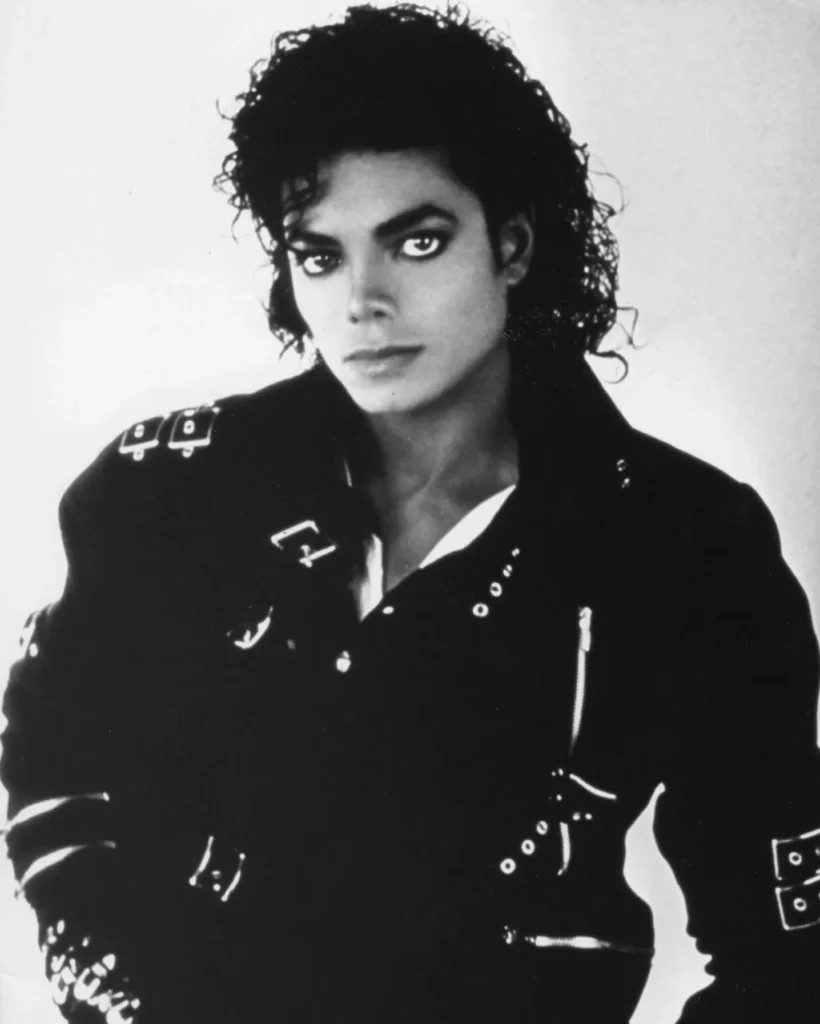
Michael JacksonHis album “Thriller” broke records as the best-selling album by a Black artist and remains an iconic milestone in music history.
Jackson’s innovative music videos, like “Billie Jean” and “Smooth Criminal,” redefined the medium, while his dance moves, including the legendary moonwalk, became part of global pop culture.
His artistry resonated across generations, transcending racial and cultural barriers in an era when such achievements were rare.
While Beyoncé relies on a collaborative approach, Jackson was often a self-contained creative force.
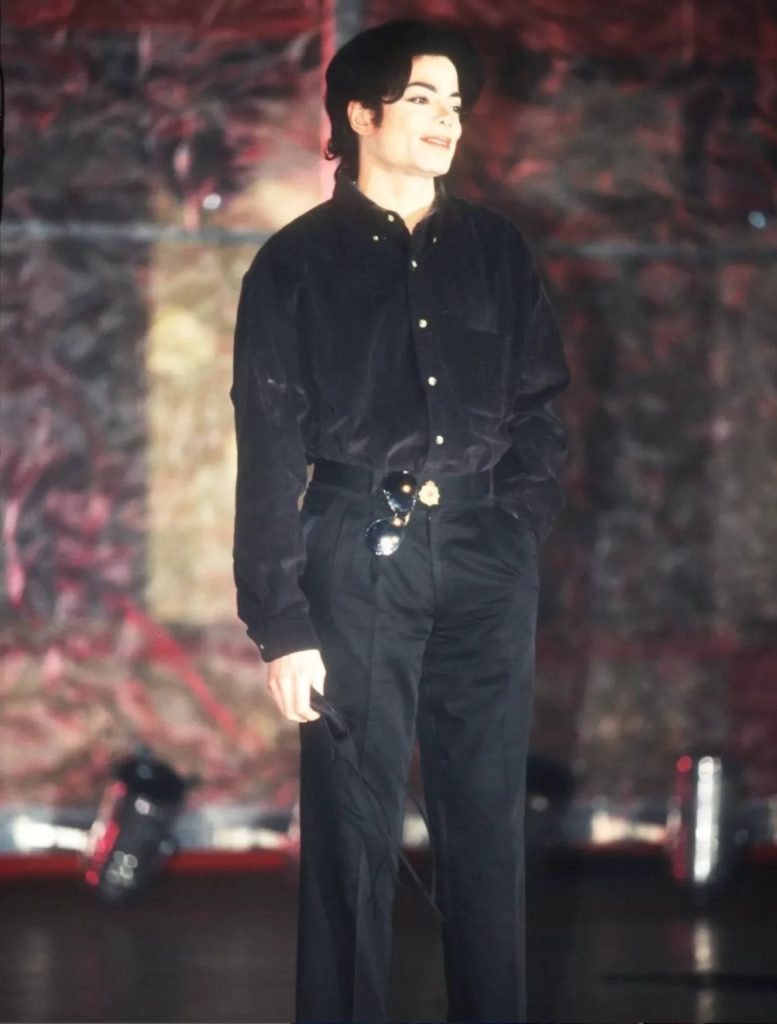
Michael Jackson was not an artist who comes along once in a decadeHis iconic “Motown 25” performance and self-composed hits underscored his ability to captivate audiences with minimal support, elevating him to global superstardom.
Despite his unparalleled influence, Jackson’s legacy has faced challenges, particularly in the wake of allegations explored in the “Leaving Neverland” documentary.
Yet, his artistic contributions remain indelible, shaping the careers of countless artists, including Beyoncé herself.
The comparison between Beyoncé and Michael Jackson is both inevitable and striking. Both artists began in successful groups—Jackson 5 and Destiny’s Child—before launching solo careers that elevated them to music royalty.
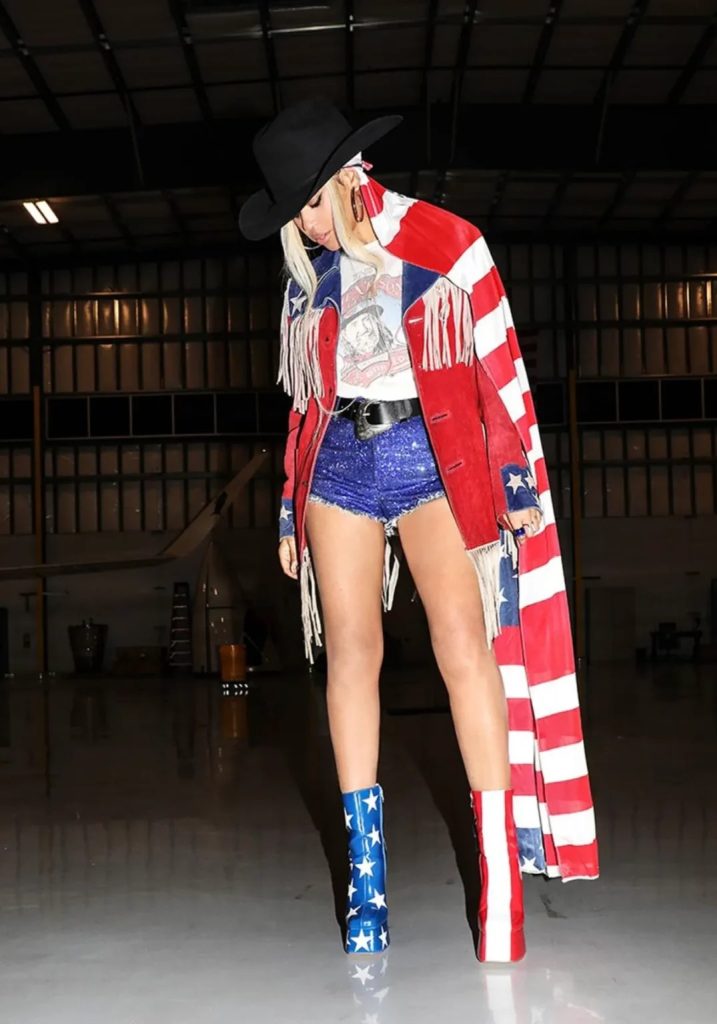
For Beyonce, Cowboy Carter was more than just a creative endeavor They used their platforms to push creative and social boundaries, leaving an indelible mark on the industry.
Beyoncé’s dedication to Black consciousness has redefined representation, bringing issues of race and gender into the spotlight.
Her music and visuals celebrate Black identity, challenging stereotypes and expanding cultural narratives in ways no artist before her has achieved.
In contrast, Jackson’s impact lay in his ability to unite audiences across all demographics, breaking barriers for Black artists in a predominantly white industry.
His era demanded mass appeal through limited platforms, making his global reach all the more extraordinary.
Critics agree that Beyoncé operates in a different era, where social media amplifies her influence and reshapes the dynamics of stardom.

Beyonce’s Family Rages Over Zero Country Award Nominations Jackson’s achievements, however, were forged in a time when such global recognition required immense effort and innovation.
The debate surrounding their legacies remains heated, with fans and critics divided on who holds the title of the most significant Black artist of our time.
Both artists have undeniably shaped the course of music and culture, but in different ways and eras.
Breaking the news, Jay-Z’s recent statement ignited this debate, claiming that Beyoncé has surpassed Michael Jackson in influence and cultural impact.
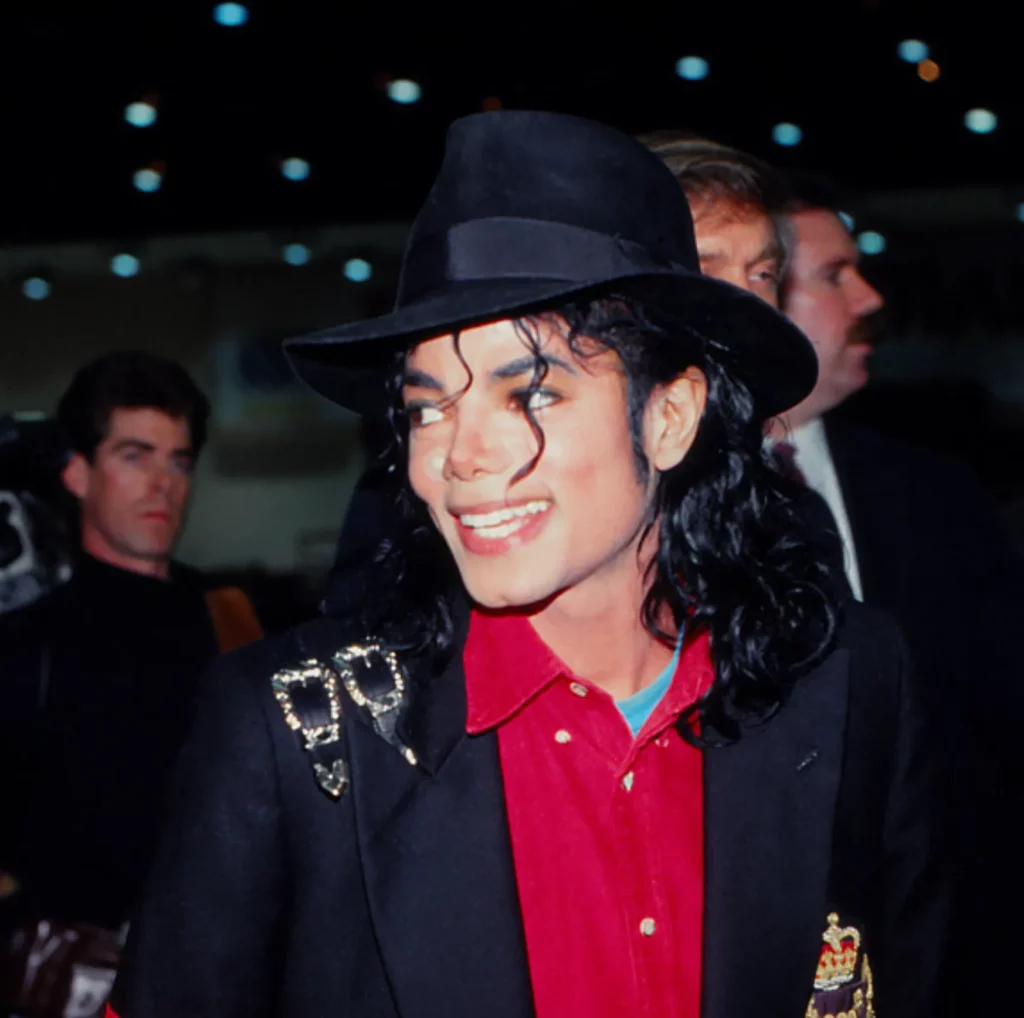
Michael JacksonHis assertion reflects her transformative contributions to music and her fearless embrace of Black identity, which continues to redefine modern artistry.
Whether Beyoncé has truly surpassed Jackson remains a question for future generations. For now, she stands as a beacon of empowerment, with a legacy still unfolding.
Her journey, marked by advocacy and representation, continues to inspire and redefine what it means to be iconic.
Leave a Reply